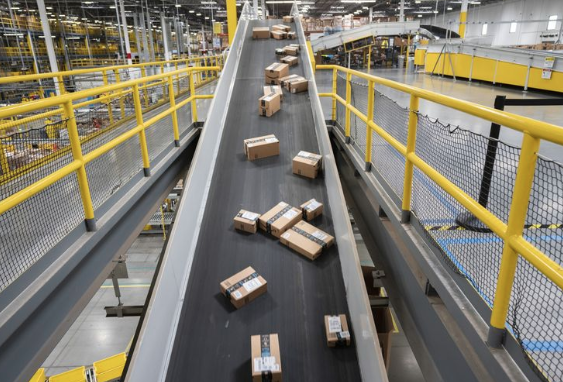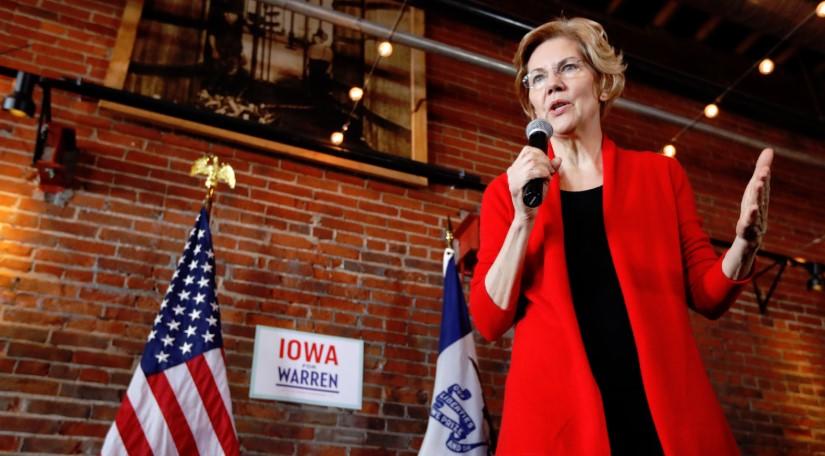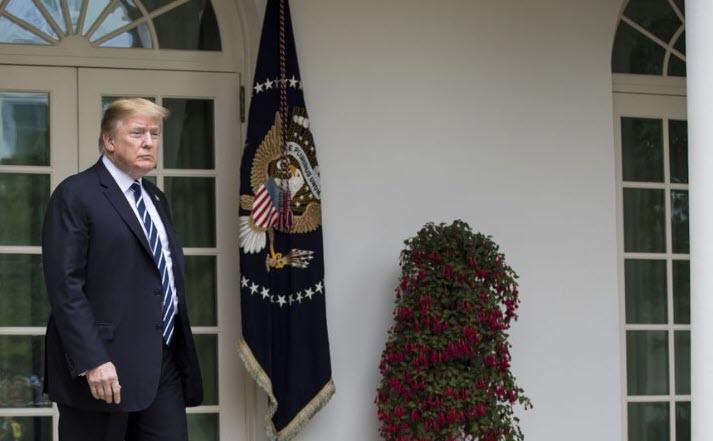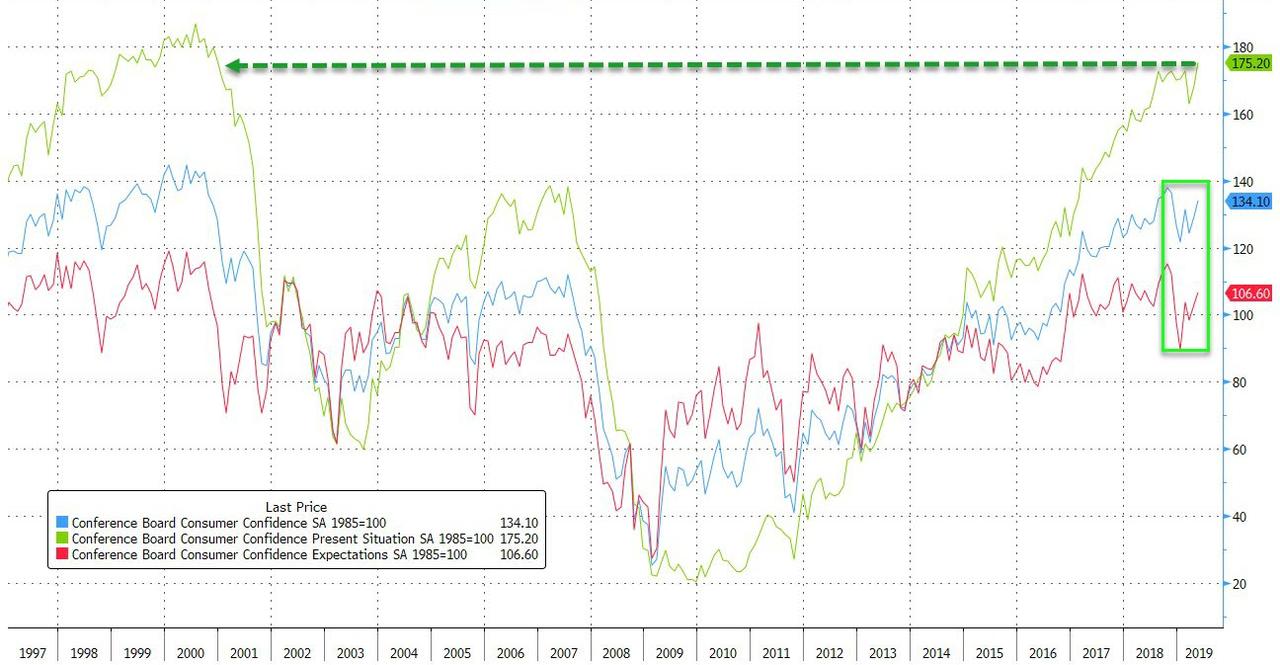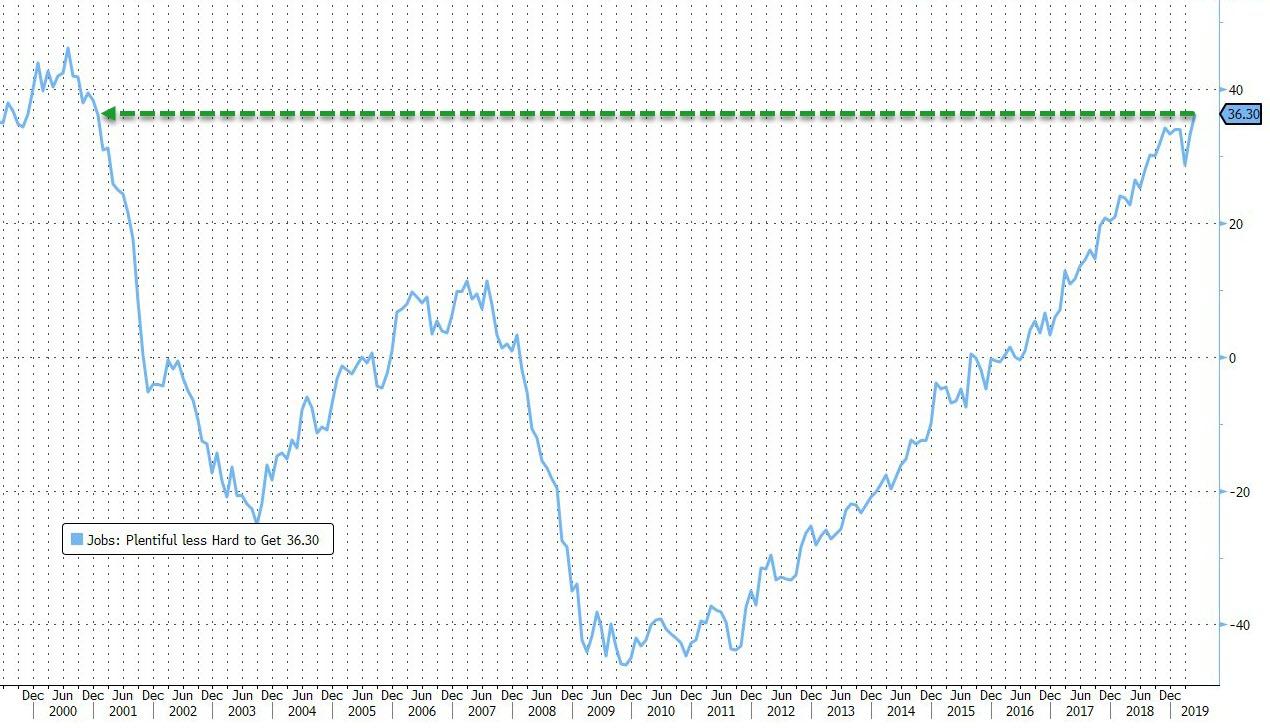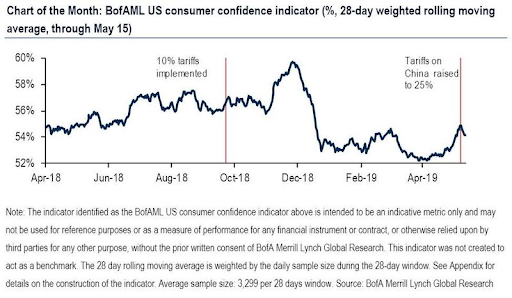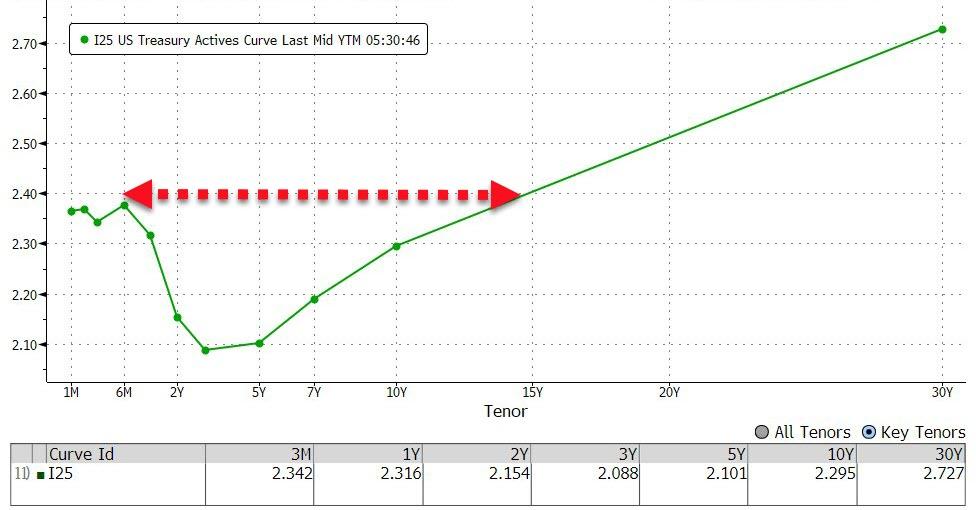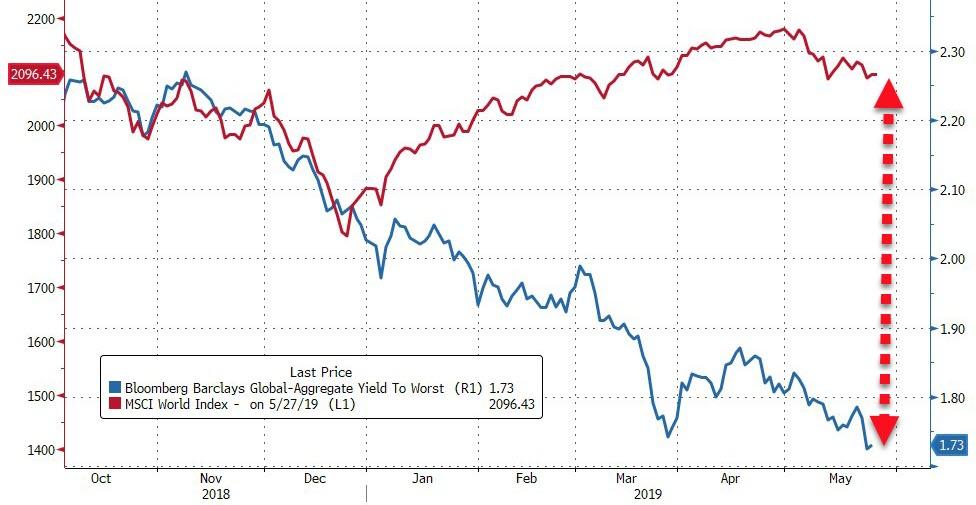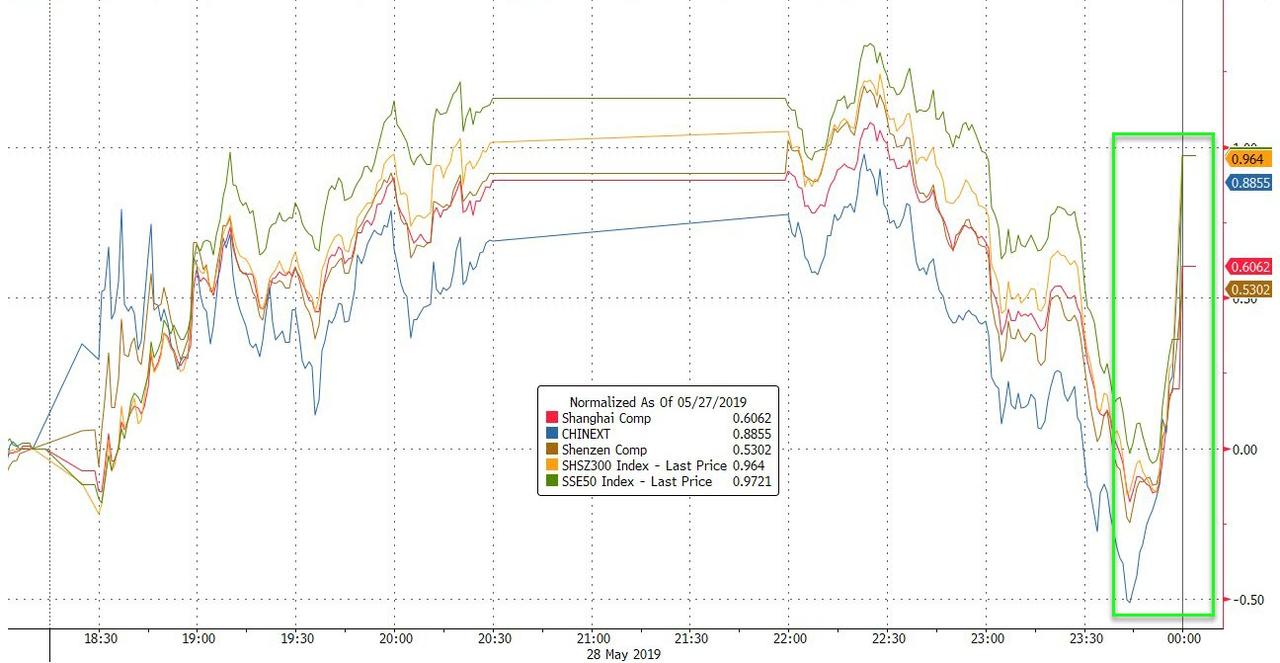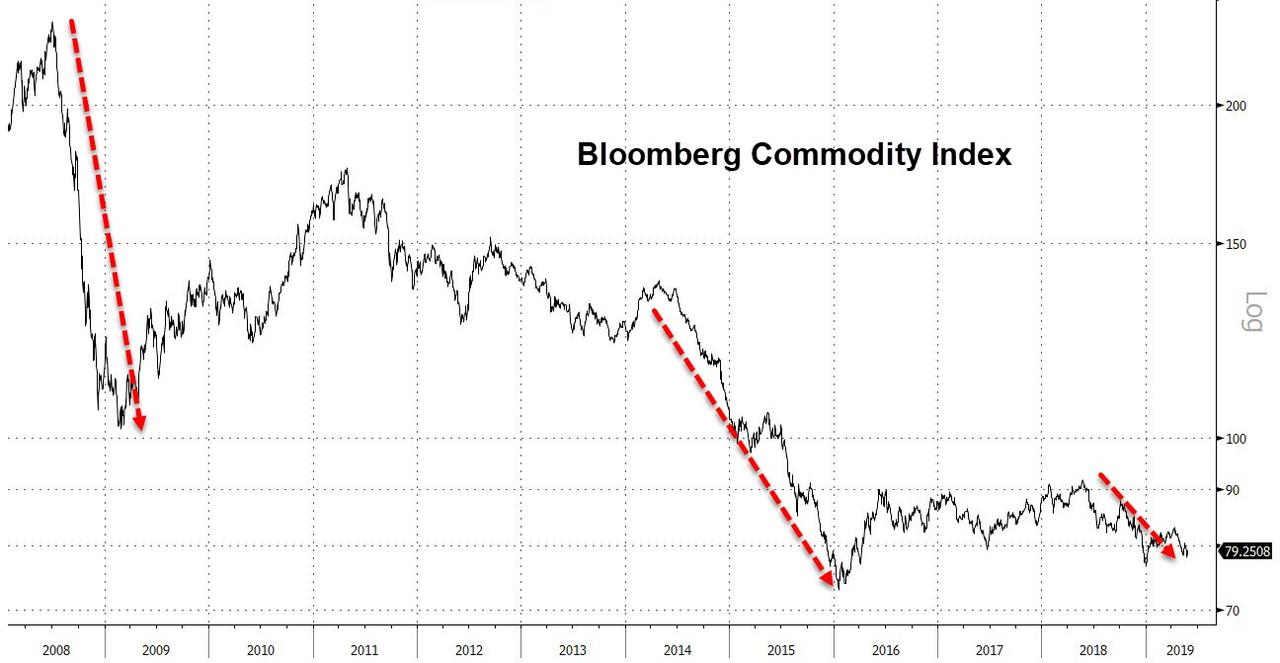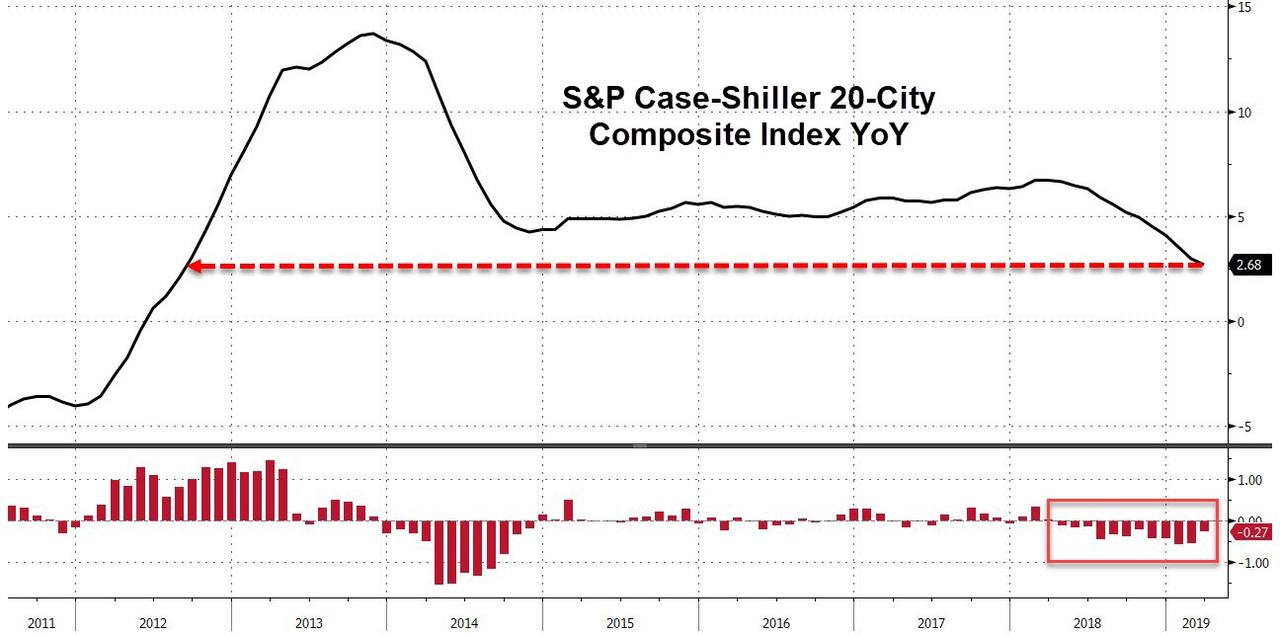With Huawei facing a growing siege of (former) global partners who have now flipped and joined the US in boycotting the Chinese telecom giant, which reportedly reverse-engineered and “industrial sabotaged” its way to global domination, on Tuesday Reuters reported that Huawei is reviewing its relationship with FedEx Corp after it accused the U.S. logistics giant – which has issued two consecutive earnings warnings in a row – of divering two parcels destined for Huawei addresses in Asia to the United States and attempted to reroute two others, without detailed explanation.
Huawei said that FedEx “diverted two packages sent from Japan and addressed to Huawei in China to the United States, and attempted to divert two more packages sent from Vietnam to Huawei offices elsewhere in Asia”, all without authorization, providing images of FedEx tracking records.
As Reuters reports, the two packages sent on May 19 and May 20 from Tokyo, intended for Huawei in China, ended up in Memphis, Tennessee, the headquarters of the U.S. company, by May 23, according to images of FedEx tracking records shown to Reuters by Huawei. Separately, the two packages originating from Hanoi on May 17, destined for Huawei’s Hong Kong and Singapore offices, were held up after arriving in local FedEx stations in Hong Kong and Singapore on May 21 for “delivery exception,” according to other images Huawei showed Reuters.
According to FedEx’s website, the status “exception” means an unexpected event is preventing delivery of a package, for example a customs delay, a holiday, or no one being available to accept delivery. FedEx declined to give details on what the exception was in this case.
While Reuters could not verify the authenticity of the records, when presented with the images of the tracking records, FedEx declined to make any comment, saying company policy prevented it from disclosing customer information.
According to Huawei, a FedEx customer service representative in Vietnam replied to their inquiry on May 22 when two expected packages did not arrive on time, saying: “Please be informed that FDX SG received notification from FDX US to hold and return the package to US. Hence, the shipment is not deliver to consignee and now being hold at FDX station and under process to RTS it (return to sender),” the representative wrote in broken English, according to an email Huawei showed to Reuters.
Huawei told Reuters that both Vietnam packages were sent by its shipping agent, a contractor to Huawei whom it did not identify, and contained urgent documents. It said the shipping agent refused permission for FedEx to send the packages to the United States and instructed they be returned, Huawei told Reuters. Reuters could not confirm that.
Yet these alleged parcel “hijackings” don’t make much sense: according to Huawei, the four packages only contained documents and “no technology.” Huawei also declined to elaborate on why it thought the packages were diverted.
“The recent experiences where important commercial documents sent via FedEx were not delivered to their destination, and instead were either diverted to, or were requested to be diverted to, FedEx in the United States, undermines our confidence,” Joe Kelly, a spokesman for Huawei, told Reuters.
As a result of these alleged incidents, a Huawei spokesman warned that it would “now have to review our logistics and document delivery support requirements.”
Despite lobbing what are very serious accusations, Huawei acknowledged to Reuters that one package originating in Vietnam was received by Friday, and the other was on its way, according to FedEx tracking records provided by Huawei.
Of course, there is the simple possibility that the packages were merely rerouted by mistake. FedEx spokeswoman Maury Donahue confirmed as much, telling Reuters the packages were “misrouted in error”.
While she also acknowledged that the U.S. Department of Commerce had recently added Chinese companies and affiliates to its “Entity List”, but did not elaborate, FedEx was not requested to divert the packages by any other party, she added.
“This is an isolated issue limited to a very small number of packages,” said FedEx, referring to the four parcels affected. “We are aware of all shipments at issue and are working directly with our customers to return the packages to their possession.”
Perhaps in an attempt not to lose a giant customer, and also to not antagonize China’s population further, FedEx China on Tuesday apologized on its Chinese social media account for the “mishandling” of Huawei packages and confirmed there was no “external pressure” to divert packages.
The U.S. Department of Commerce did not reply to a request for comment on whether the incident might be related to its move on May 16 to add Huawei to the so-called “Entity List,” preventing it buying certain items from U.S. companies without U.S. government approval.
* * *
Huawei said it had only learned that the Japan-originated packages, which were sent by suppliers that it did not identify, had been diverted to the United States after checking FedEx’s tracking record.
Yet with little recourse in a world where FedEx and UPS have an effective monopoly over global logistics, the Chinese telecom giant’s recourse was virtually non-existent: the company said it has lodged a formal complaint with China’s postal regulator, which it said is investigating the incident. China’s State Postal Bureau did not return a request for comment.
And just to confirm that in addition to an supply blockade, Huawei is now also in danger of being locked out of the US-dominated global shipment infrastructure, China’s “cartoon” mouthpiece, Global Times editor in chief Hu Xijin, who provides some much needed comic relief in response to Trump’s tweets, accused FedEx of doing the government’s dirty work, and asked “how will US media react if the incident happened between a US high-tech company&a Chinese package delivery company?”
The answer is simple: unless the Chinese package delivery company is somehow indicative of Trump being a Russian spy, nobody would care.

via ZeroHedge News http://bit.ly/2XaHIhZ Tyler Durden


